No products in the cart.
Girige Appi midi Mango
Original price was: ₹650.00.₹500.00Current price is: ₹500.00.
Out of stock
Add to Wishlist
CompareAdd to Wishlist
Add to Wishlist
Add to Wishlist
- PAN India Shipping
- Guaranteed 7 Day Delivery
- Professional Packing
The state of Karnataka is known for its rich mango diversity and one of the most unique type of mango grown exclusively in Sagar, Ripponpet and Hosanagara taluka of Shimoga district, river valleys of Aghanashini, Kali, Bedthi, Sharavati and Varada of Uttara Kannada district, Udupi and Dakshina Kannada districts, Malenadu region of Chikmagalur district and Sakleshpur region of Hassan district is the deliciously tangy Appemidi mango.
Locals say that this variety of tender mango is a native of the forests of the Western Ghats where one will find several centuries-old mango trees in the river valleys of Aghanashini, Kumudvathi, Kali, Varada, Bedthi and Sharavati in Uttara Kannada and Shimoga districts. Farmers say that there were thousands of varieties of Appemidi during the time of their ancestors but only a few hundred varieties are found today.
Appemidi holds an important place in the mango pickle industry and food culture of Karnataka. Its fragrance is so strong and enticing that just a few midi (tender mangoes) to an ordinary pickle can change its taste and smell! Appemidi pickles are much sought-after as they retain their texture and taste for many years. Appemidi mangoes are used to make local delicacies like gojju, chutney, appe huli and thambuli.
An Appemidi mango tree can yield over several tonnes of tender mango. They can grow anywhere to a height of 25 feet to 80 feet! Harvesting tender mangoes requires great amount of skill and gentle hands to move carefully through the branches without disturbing the tree. It is the centuries-old trees that continue to produce the best quality tender mangoes. These mangoes are not used as fresh fruit.
Unripe fruits are harvested with the fruit and stalk intact. The latex oozes out when the stock of the fruit is cut and gives out a characteristic aroma by which subvarieties are differentiated. This latex is responsible for the keeping quality of the fruit and taste and acts as a natural preservative.
The harvested fruits are spread out in the shade for some time and salted for a week giving it an appearance of being flattened. No preservative is required while pickling. The processed fruits are seasoned with a paste of red chillies. Sometimes, oil seasoned with mustard is poured as the oil acts as a preservative. It is also pickled in brine in the coastal regions.
There are over 225 exceptional genotypes of Appemidi mango that have been documented so far by the Indian Institute of Horticultural Research (ICAR-IIHR). The Jeerige appe (small in size with a distinctive smell of jeera), Karpoora appe (medium in size with a distinctive camphor smell), nimbe midi (roundish in shape and size with a lemon smell), Sada midi, Malanji, Anantha Bhattana and Sagar are the some of the most popular varieties of Appemidi.
Appemidi is considered to be the king of all tender mangoes and is widely used for pickling. The Appemidi market is valued at a staggering Rs 12 crore plus per annum in Karnataka alone with the demand for this mango in the pickle industry varying from 4000 to 5000 tonnes per year. Unfortunately, the relentless felling of the forests is threatening the very existence of this superlative tender mango variety. Government agencies are working actively to save this integral component of Karnataka’s culture and meet rising demands.
Additional information
| Dimensions | 30 cm |
|---|---|
| Grafted | This is Grafted plant |

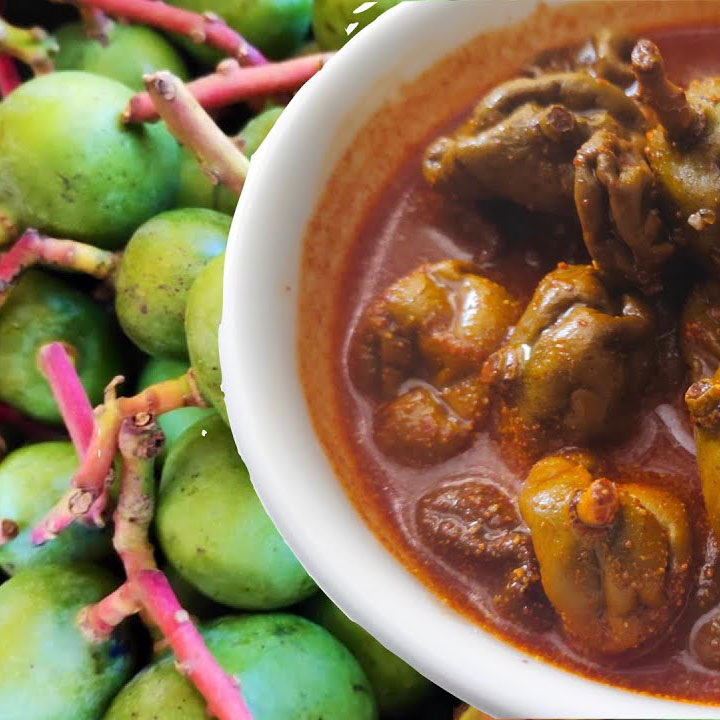
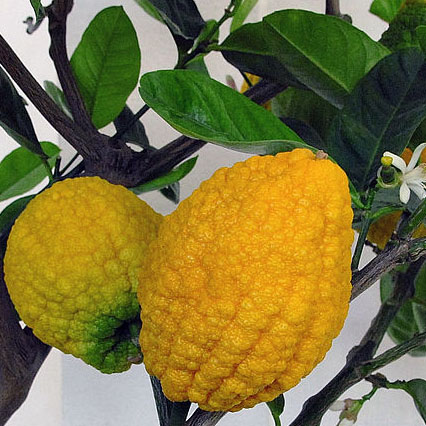
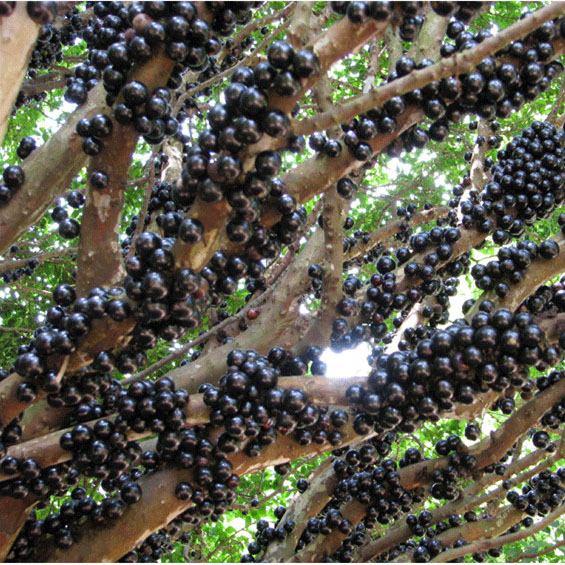
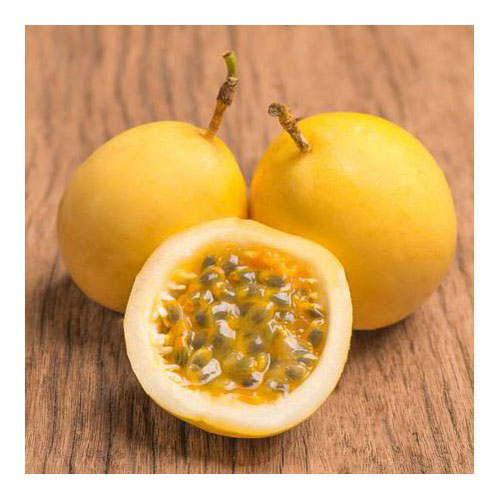
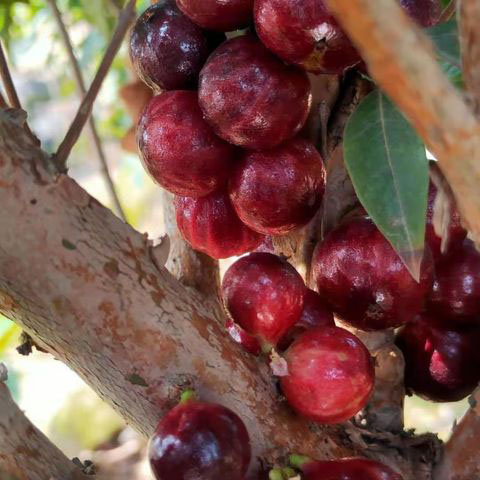
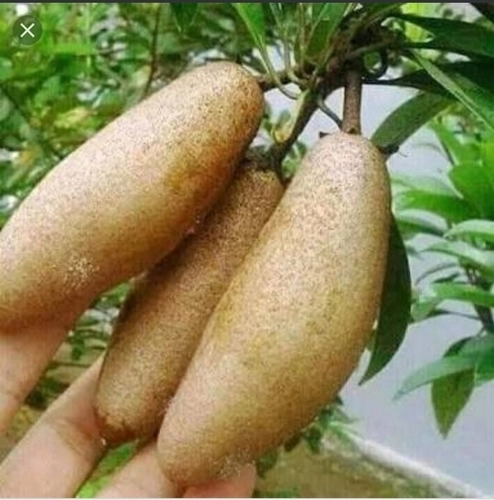
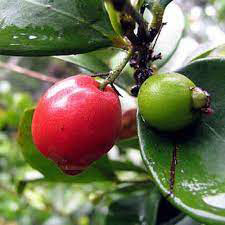
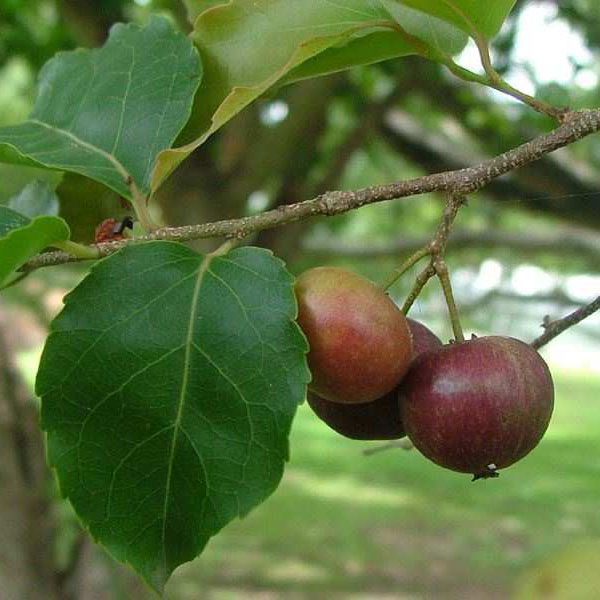
Reviews
There are no reviews yet.